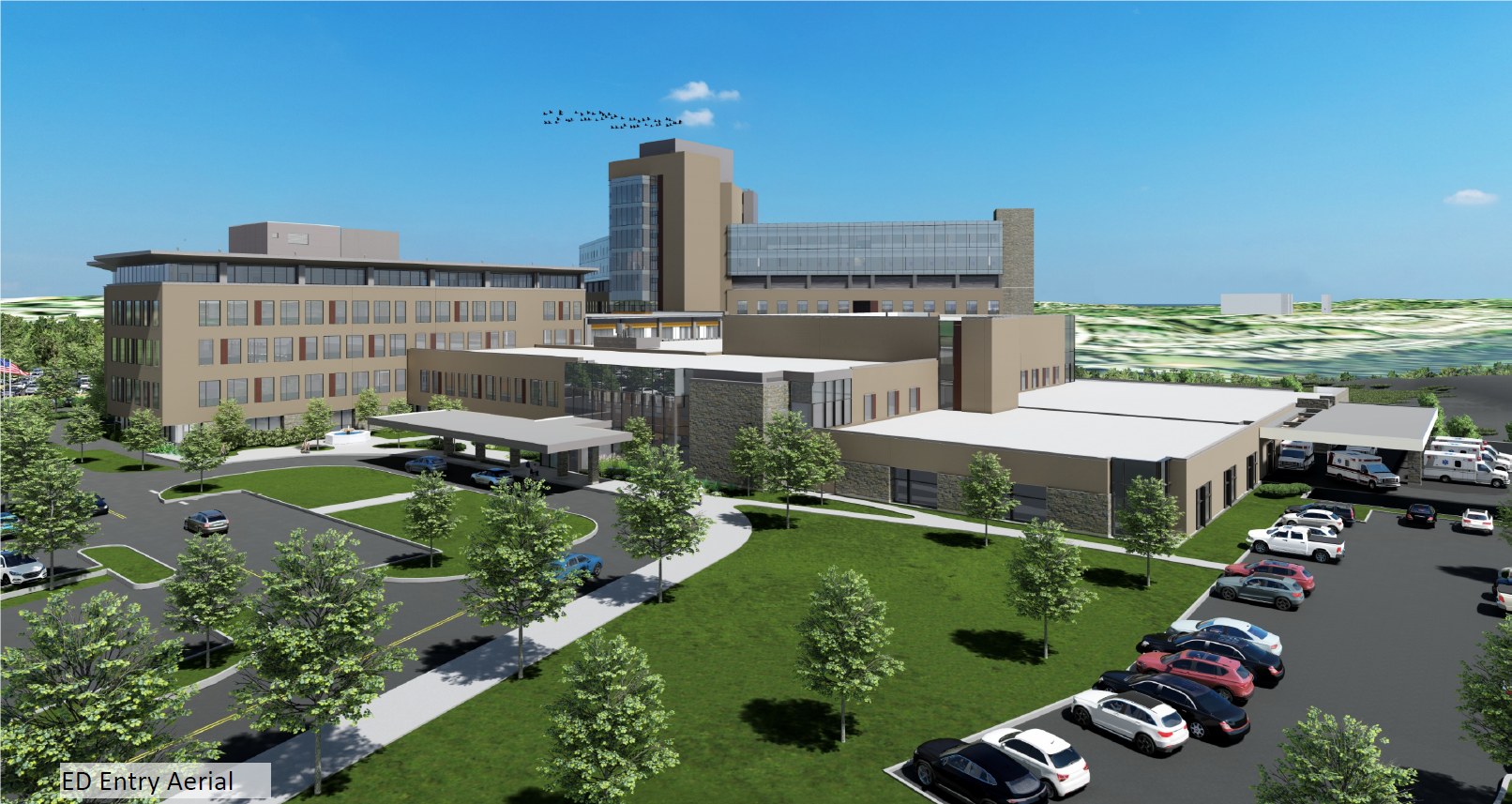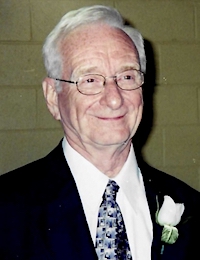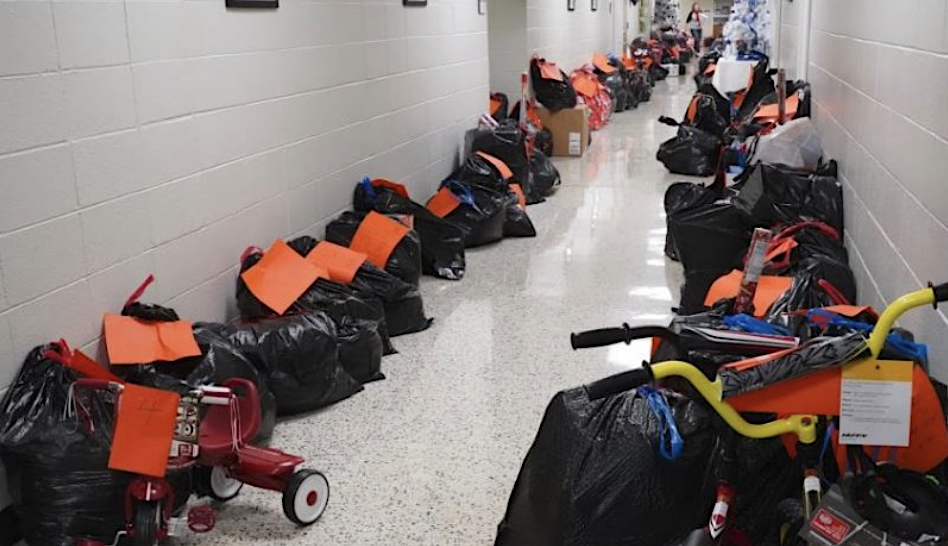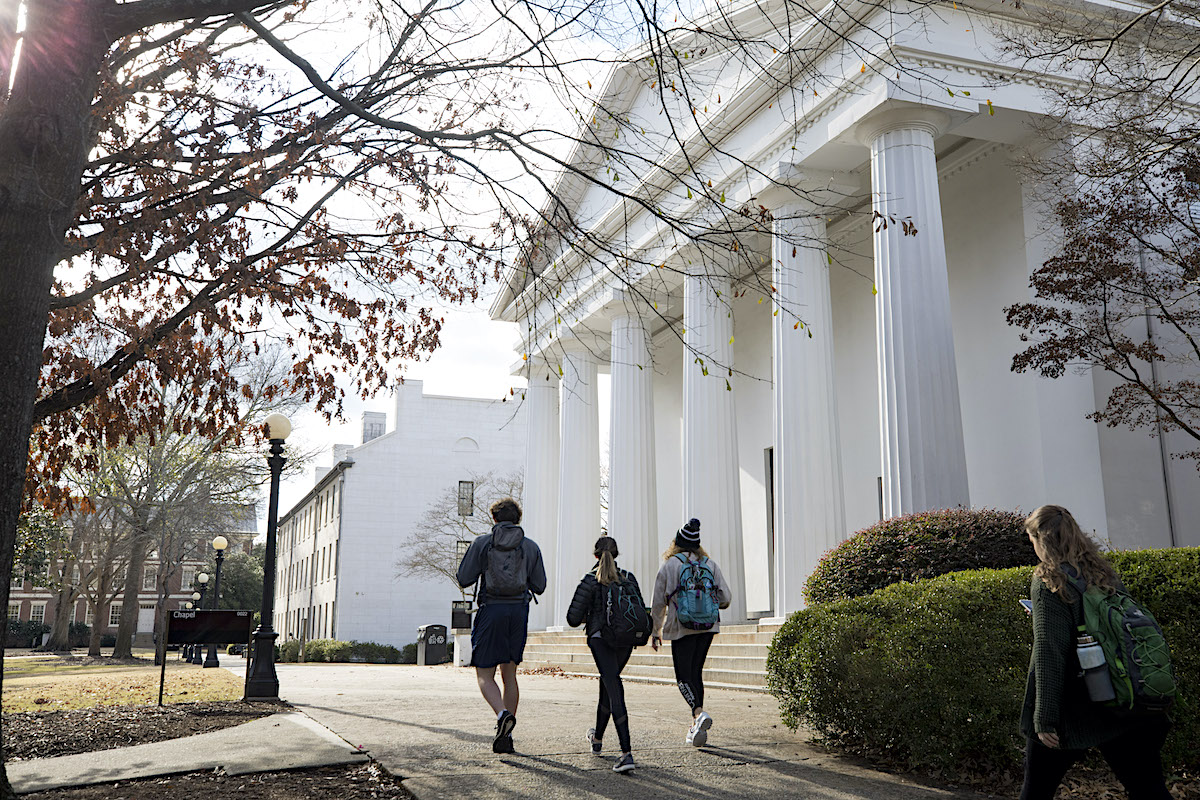A coalition of Democratic groups announced they are suing the state of Georgia over its interpretation of a state law that disallows an optional Saturday of early voting before the Dec. 6 U.S. Senate runoff.
In a press release, the Democratic Senatorial Campaign Committee, the Warnock for Georgia campaign and the Democratic Party of Georgia are challenging a bulletin sent by the secretary of state’s office that says counties may not offer early voting on Saturday, Nov. 26, because of a 2016 state law that prevents certain Saturday voting if a state holiday is immediately before or after that date.
The bulletin points to Georgia State code section 21-2-385, which says early in person voting shall begin “as soon as possible prior to a runoff… but no later than the second Monday immediately prior to such runoff.” At minimum, counties must hold five days of in-person early voting, from Monday, Nov. 28 through Friday, Dec. 2 from 9 a.m. to 5 p.m., with the option of extending hours to 7 a.m. to 7 p.m.
RELATED: Habersham announces early voting dates
Later on in the code section, the law specifies that early voting is not allowed to take place on observed state holidays, which would be Thanksgiving (Thursday, Nov. 24) and “State Holiday” (Friday, Nov. 25), which until 2015 was celebrated as Robert E. Lee’s birthday.
Also in code section 21-2-385(d)(1)(B) is language that spells out mandatory and optional weekend days for early voting during primary and general elections, including a section that says if the second Saturday before election day is a state holiday, comes after a Thursday or Friday state holiday or before a Sunday or Monday holiday, then early voting is not allowed and should be held the third Saturday before the election.
But given Georgia’s newly tightened four-week window to certify the Nov. 8 general election and prepare for the runoff, early voting could not begin the third Saturday, which would be this Saturday, Nov. 19. That’s because state certification of the general election must happen first, which is targeted for completion Monday, Nov. 21.
RELATED: What happens next in Georgia’s election? Certification, audit and a race to Dec. 6 runoff
The Democratic groups argue the Secretary of State’s office is misinterpreting the section of state law dealing with Saturday voting and holidays, arguing the language in the code section only applies to a “primary or general election” like the text of the code says and not a runoff.
The 2021 sweeping election law Senate Bill 202 changed Georgia’s runoff from nine weeks to four weeks and primarily changed the code section in question by adding in an additional Saturday of mandatory early voting but leaving untouched the section around holidays and early voting.
A history of the early voting law
Looking at the history of changes to the code section, some confusion and differing interpretations might come from lawmakers only making changes to pieces of the code section and not fully updating the language to reflect the most recent changes.
In 2016, SB 199 added in the language about how holidays change the second Saturday of early voting back when there was only the one mandatory Saturday, runoffs were nine weeks and early voting began in runoffs four weeks before that election day, unless there were only state or county candidates on the ballot. For state and county runoff races, early voting would begin “as soon as possible” and the election would be four weeks after the general.
This change was made after there was a pair of special elections in July 2015 that had no early voting on Friday, July 3 (the observed holiday) but did have early voting on Saturday, July 4.
In 2017, House Bill 268 altered the code section further by striking the word runoff from the holiday section, which the Democrats’ lawsuit argues is evidence that the state has the wrong interpretation of the law. A video of the House committee hearing of HB 268 has sponsor Rep. Barry Fleming (R-Harlem) explaining the change as dealing with early voting for the non-federal runoffs.
“Some people wondered if it was clear that during runoffs for state candidates you didn’t have to have Saturday voting,” he said. “We’d never had that in the state of Georgia; this just makes it clear that that is the case.”
In 2018, the Secretary of State’s race and Public Service Commission, District 3, went to Dec. 4 runoffs and in-person early voting began at different times for different counties. Only 125 voters in Jasper, Lowndes and Wilkes County voted the Wednesday before Thanksgiving. All 159 counties offered early voting the Wednesday-Friday before the election.
2019’s election omnibus HB 316 added language to the code section that stipulated early voting must begin for the four-week state or local runoffs as soon as possible, but added that it must start by the Monday before the election. That brings us to SB 202, which shortened all runoffs to four weeks and condensed the early voting language to its current state, where it starts “as soon as possible” but must begin by the Monday before the election.
The code section change adds the new minimum and maximum early voting hours that are found in early voting for runoffs, general elections and primaries, the additional Saturday early voting requirement for primaries and general elections and strikes language that says no Saturday voting is required for primaries and elections with no federal or state candidate on the ballot.
Originally, state elections officials said they expected some counties to hold optional Saturday voting, but then when counties and other groups reached out about the law, they reviewed the text and sent the bulletin with their clarifications on Nov. 12.
Even if the court agrees with the Democrats that Saturday is a possible early voting day, it is unclear how many counties would choose to open the polls for voters.
Many local elections boards are meeting Tuesday to set early voting hours and locations, and state law requires early voting hours and locations to be posted a week in advance. Counties must also conduct Logic and Accuracy testing of voting equipment at least three days before early voting, which might also deter counties from holding that Saturday as a voting day.
___________
This article appears on Now Habersham through a news partnership with GPB News













